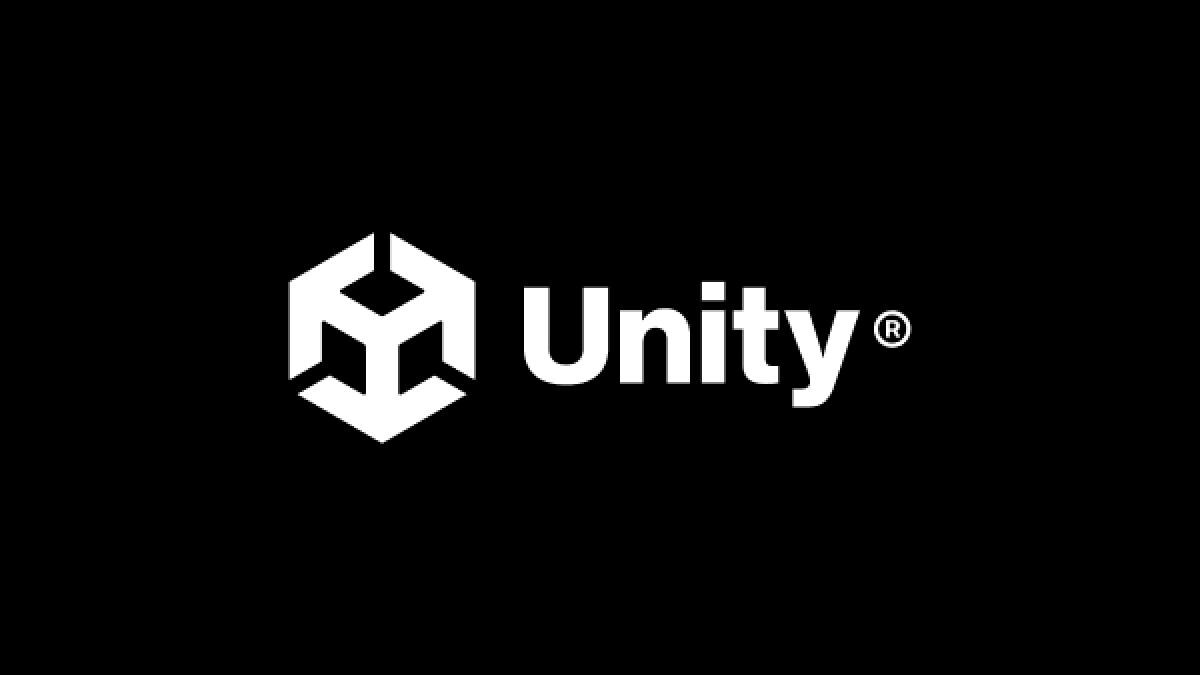- cross-posted to:
- games@lemmy.world
- technology@lemmy.world
- gaming@beehaw.org
- cross-posted to:
- games@lemmy.world
- technology@lemmy.world
- gaming@beehaw.org
Archive link: https://archive.ph/Ys676
Our Unity Personal plan will remain free and there will be no Runtime Fee for games built on Unity Personal. We will be increasing the cap from $100,000 to $200,000 and we will remove the requirement to use the Made with Unity splash screen.
No game with less than $1 million in trailing 12-month revenue will be subject to the fee.
The Runtime Fee policy will only apply beginning with the next LTS version of Unity shipping in 2024 and beyond. Your games that are currently shipped and the projects you are currently working on will not be included – unless you choose to upgrade them to this new version of Unity.
For games that are subject to the runtime fee, we are giving you a choice of either a 2.5% revenue share or the calculated amount based on the number of new people engaging with your game each month. Both of these numbers are self-reported from data you already have available.



I may be misunderstanding their new fees, but this still feels like a major disincentive for using Unity. Even with revenue sharing instead of per-install fees, it is still being sprung on all the developers. Unity is now being upfront about not needing to use the newer Unity versions; but if there are engine bugs in the older versions, there is not much choice in if they have to update.
I would certainly think twice before choosing Unity at this point.
For new projects it’s absolutely a terrible idea to use Unity. The old versions not being subject to the new licensing is great news for existing projects that wouldn’t have been able to switch engines though.
It’s not inherently a bad thing. If you’re making $1m /y in revenue, you can afford to pay licensing fees.
If you’re making a mil a year in revenue there’s a good chance your profit margin is tiny and licensing fees could obliterate it.